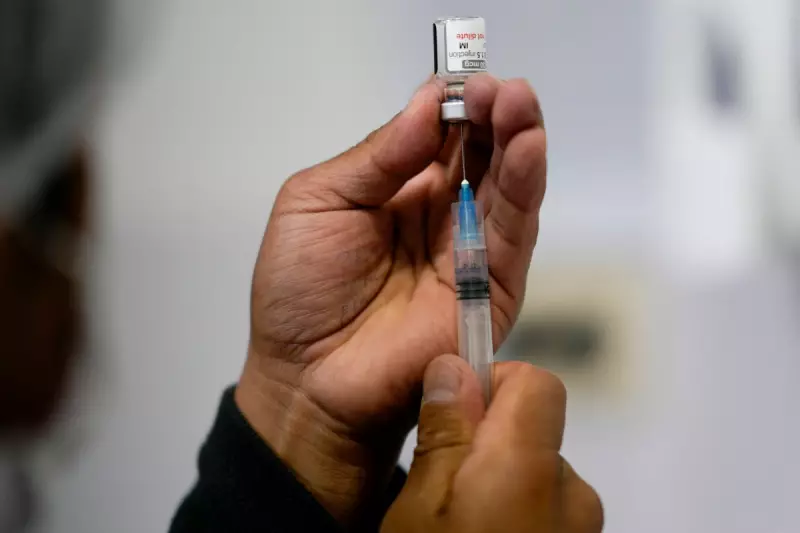
In a landmark decision that has sent shockwaves through American politics, the US Supreme Court has ruled that former President Donald Trump cannot be prosecuted for official acts performed during his presidency. The 6-3 ruling effectively delays Trump's trial on charges of conspiring to overturn the 2020 election results.
What the Ruling Means
The conservative-majority court determined that presidents enjoy absolute immunity for actions within their constitutional authority, and at least presumptive immunity for other official acts. This means special counsel Jack Smith's case against Trump will be sent back to lower courts to determine which alleged actions qualify as official presidential conduct.
Immediate Consequences
The decision makes it highly unlikely Trump will face trial before November's presidential election, where he is the Republican nominee. Legal experts warn this creates a "perilous precedent" that could shield future presidents from accountability for unlawful actions performed under the guise of official duties.
Fierce Dissent from Liberal Justices
The court's three liberal justices issued a scathing dissent, arguing the majority "effectively creates a law-free zone around the President." Justice Sonia Sotomayor wrote: "The relationship between the President and the people he serves has shifted irrevocably. In every use of official power, the President is now a king above the law."
Trump Hails "Big Win"
Trump immediately celebrated the decision on social media, calling it a "BIG WIN FOR OUR CONSTITUTION AND DEMOCRACY." His legal team has argued that all actions cited in the election interference indictment were part of his official duties.
Critics Warn of Dangerous Precedent
Constitutional scholars and Democratic lawmakers expressed alarm, suggesting the ruling could enable future presidents to abuse power without consequence. Some have called for congressional action to clarify presidential accountability, though such measures would face significant political hurdles.





